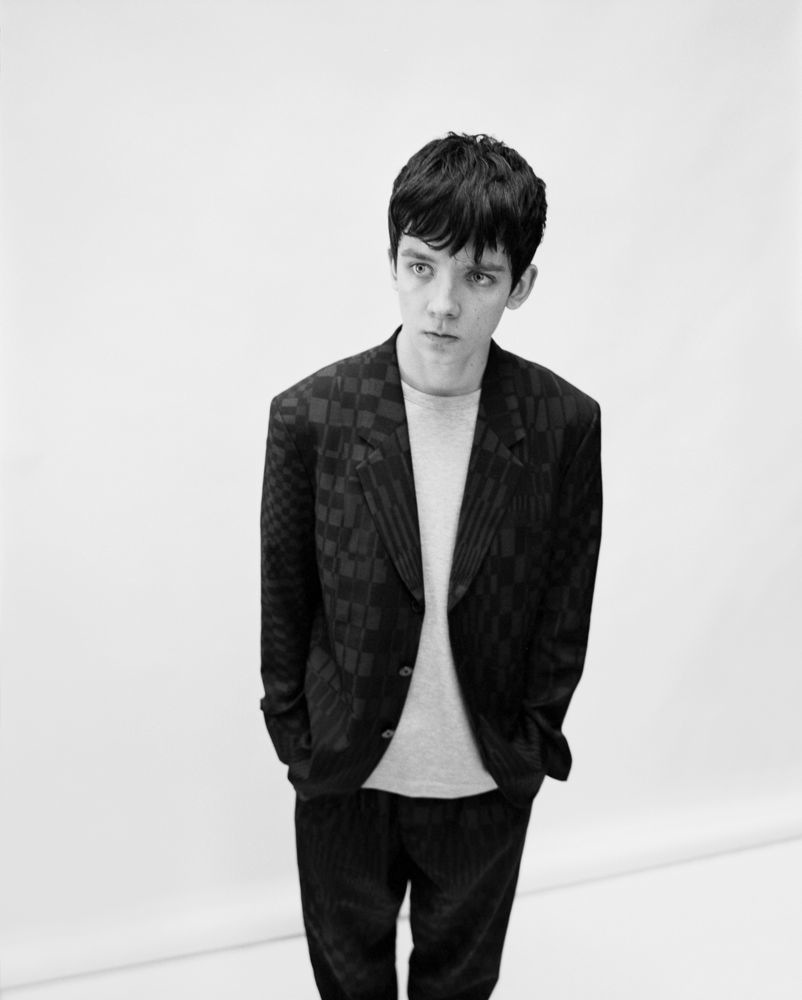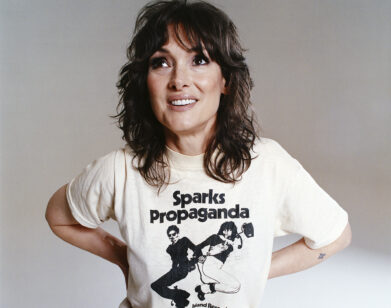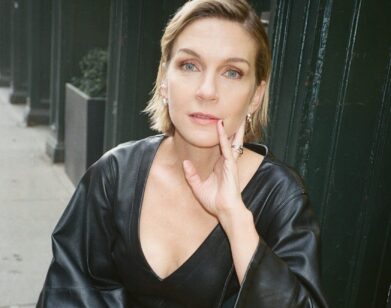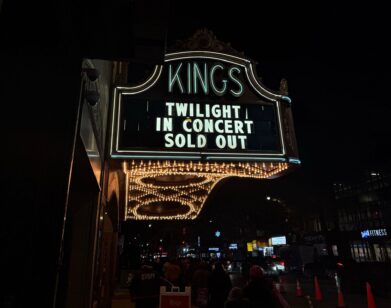Asa Butterfield Enters Adulthood
ASA BUTTERFIELD IN LONDON, AUGUST 2015. PHOTOS: BENJAMIN TIETGE. STYLING: ALEXANDRA WINSTON. GROOMING: SARAH PALMER. STYLING ASSISTANT: FRANCES KNEE.
In August, Asa Butterfield received his A-Level results—national exams that mark the end of high school in the U.K. and dictate a student’s future. “I’m not planning on going to uni anytime soon, I’ve yet to see when it’ll come in handy,” the actor jokes. The 18-year-old North London-native has been acting since the age of eight; he appeared in his first film when he was just nine years old, and was nominated for his first major award (a British Independent Film Award for The Boy in the Striped Pajamas) at 11. He’s tried his hand at blockbusters (Ender’s Game with Harrison Ford), children’s films (Nanny McPhee Returns), British indies (Son of Rambow), American indies (10,000 Saints), and television (Merlin).
But Butterfield’s career has not been as clear-cut as it seems on paper. It wasn’t until he filmed Martin Scorsese’s Hugo (2011) that Butterfield knew he would continue to pursue acting into adulthood. “When I started, I definitely wasn’t sure if this was who I wanted to be,” he recalls. “I think being surrounded by so many people who were so good at what they do [on Hugo], being on that set and the scale of it, and being directed by Scorsese, it was a bit unreal,” he continues. “I’ve got all these opportunities, I’d be stupid to not make the most of it.”
Last week saw the release of A Brillant Young Mind (titled X+Y in the U.K.), which stars Butterfield as Nathan, a brilliant teenage mathematician somewhere on the autism spectrum, opposite Rafe Spall and Sally Hawkins. After premiering at the Toronto Film Festival last year, it earned Butterfield his second BIFA nomination. Next up, he’ll appear in Tim Burton’s Miss Peregrine’s Home for Peculiar Children with Eva Green and Samuel L. Jackson, and Out of this World, which he will start filming this month in the U.S. with with Britt Robertson and Gary Oldman. “It’s a small story on a massive scale,” he says of the latter.
When we speak with Butterfield over the phone, he is mature and measured—not just for someone who grew up on screen, but for any 18-year-old. He would never play a character he couldn’t connect with, because “then you’re spending three months being someone you don’t want to be, who you don’t want to present, and you can’t give the best performance.” He finds celebrity “weird,” and has only felt star-struck a few times, such as when he met Sir Ian McKellan (“All I could see was Gandolf, even though I was shaking his hand”). In spite of his early success, he’s dealt with rejection: “For every role you get, there are five roles that you don’t—more,” he tells us. “You do get used to that. When you really want a role and you really want a character, you become quite close to the script and the project, and it is sad when it doesn’t go your way. But I’ve found there’s always another one, which will be as good if not better. You can’t let your failures bring you down when you’re an actor, because then you can’t get up.”
EMMA BROWN: Did you watch a lot of movies when you were growing up? Is that how you first got your education in cinema?
ASA BUTTERFIELD: I watched films growing up, but no more than the next guy really. Working on Hugo made me appreciate cinema and the art of cinema a lot more. When you’re working in the industry and you’re working with people who are well known and are so regarded, you do just pick up on things. Talking to people and hearing their stories, you learn a lot. Seeing the way that people hold themselves and compose themselves before a scene—it’s inspirational. Ben Kingsley is one that comes to mind particularly. I’ve worked with him twice now and he played two very different characters. Just watching him in the scene, during the take and before the take, is amazing. He’s so in the moment and so ready.
BROWN: Between Nathan in A Brilliant Young Mind and Jude in 10,000 Saints, which character was easier to inhabit?
BUTTERFIELD: Nathan has been the hardest character that I’ve had to play so far, in terms of the time it took me to really understand him and get into his head. It was a long process. And it took me a while, even after we started shooting, before I got into it and could make that transition quite smoothly. He’s so different to me, and because I’d been him for so long, aspects of his character were coming into my own. I was trying to audition for other films and I would notice that I was doing things that Nathan did—his mannerisms and his physicality and things he did with his hands and the way he holds himself. He’s quite contained and quite small in the amount of space he takes up, and I would find myself shrinking a bit. Not physically, obviously. I’m still growing, hopefully.
BROWN: With a character like Nathan, it’s easy to see the ways in which he is different, but what were some of the things where you were like, “I understand that. I can relate to that”?
BUTTERFIELD: All of the characters in the film, they’re fighters. They’ve all got their own issues that they’re dealing with— Nathan, his mum, and Mr. Humphreys. I haven’t had to deal with anything quite like what these characters have, but I think we all have struggles and things that we find out about ourselves and things in society, which we find to be difficult. I think that’s why all the characters are relatable, and everyone can see bits of themselves in at least one of them.
BROWN: You mentioned that you couldn’t go to Sundance with 10,000 Saints because you had school exams. What made you stay in school and organize your acting career around school?
BUTTERFIELD: I never wanted to be home-schooled. I didn’t like the idea of being home-schooled. I already had a lot of friends at school who didn’t care about the whole acting thing, so there was no reason for me to not be in school. It would only separate myself even further from the real world, and that’s never what I wanted.
BROWN: I know you’re in Tim Burton’s next film Miss Peregrine’s Home for Peculiar Children. Have you finished filming, or are you still working on it?
BUTTERFIELD: We finished a couple of weeks ago. That was amazing. That was a really, really fun shoot. It was hard work, because I was doing my A-Levels, but I made some great friends and Tim’s an incredible director to work with. I hadn’t worked with anybody like him at all.
BROWN: How is he different? Is he more particular than other people you’ve worked with?
BUTTERFIELD: It’s a very Tim Burton film, if you know what I mean. It’s right up his style and his street. You would see him when you get to the set and he’s totally in his zone; you can tell he loves doing it. In his mad, but genius head, he knows exactly what he wants and he can picture it. You almost see the light bulb blow in his head when he knows he’s got it or he knows what he’s looking for. It’s fascinating to watch. You can just tell why he’s regarded as such a good director.
BROWN: Did you find yourself looking out for that light bulb moment when you were doing a scene?
BUTTERFIELD: Yeah. When you work with him for a long time, you do get to know—he does a lot of hand gestures and signals. You start to speak his language. You get to know what he’s looking for after a while.
A BRILLIANT YOUNG MIND IS CURRENTLY SHOWING IN SELECT THEATERS.







